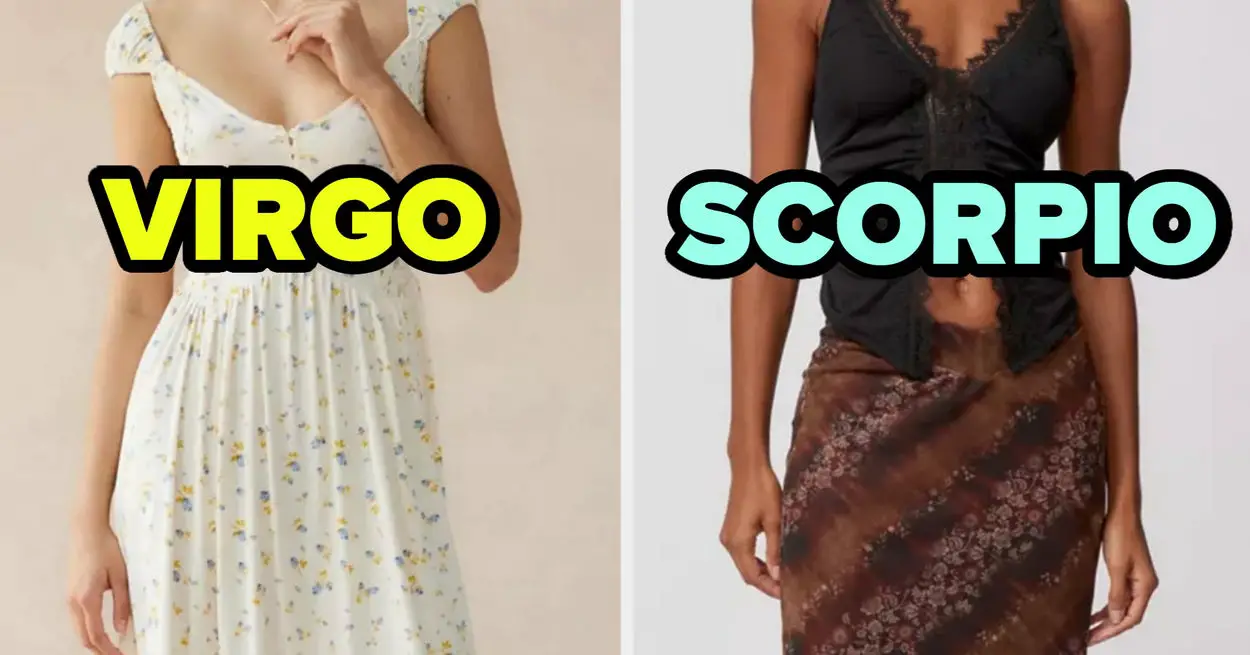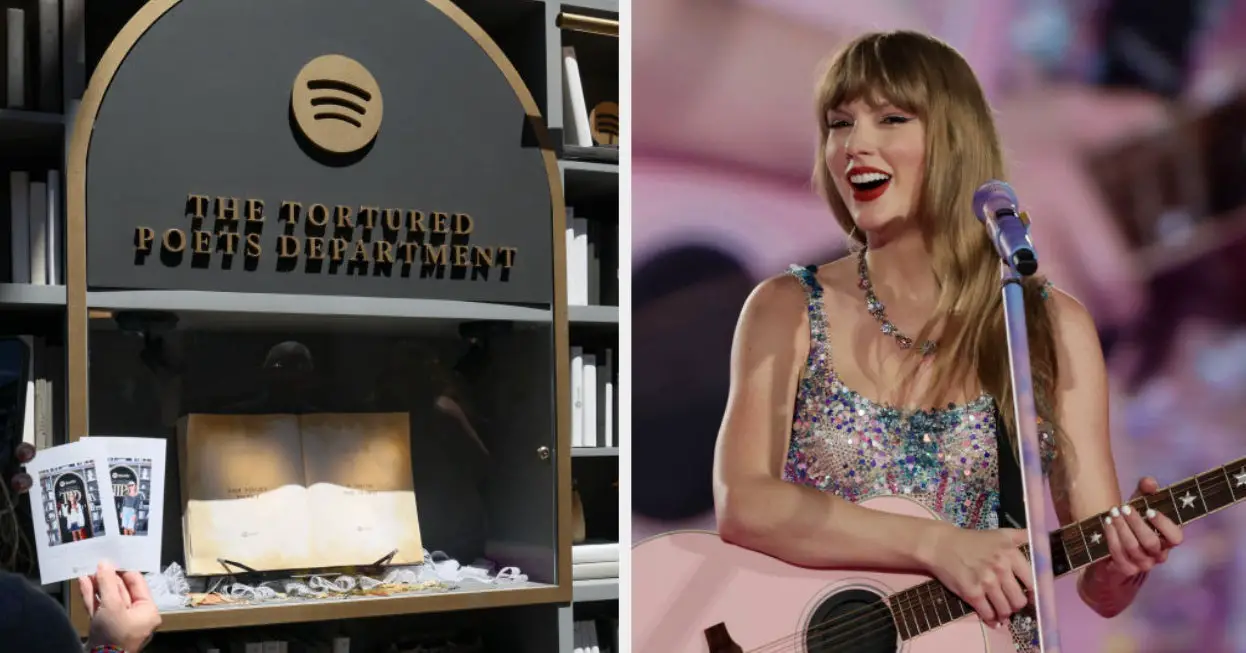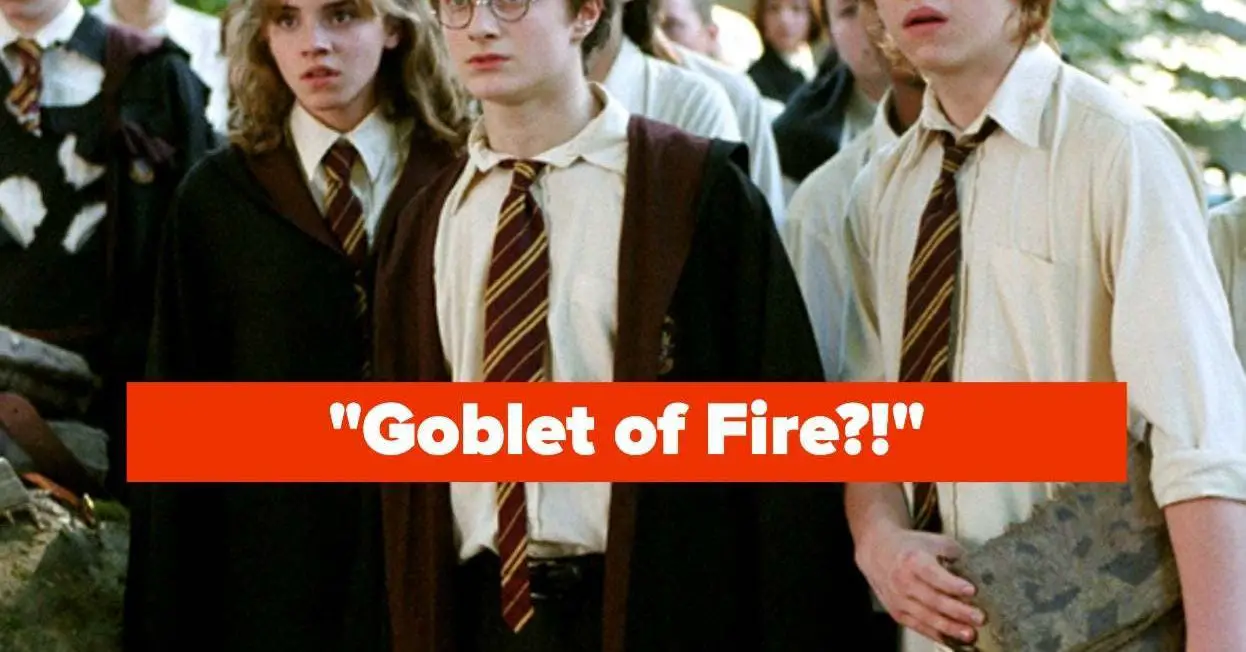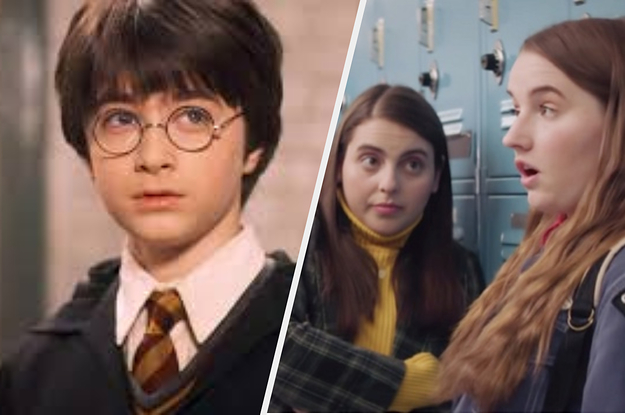Recently, HBO Max officially announced it will be reviving the Harry Potter series as a multi-season television show. During a Warner Bros. Discovery press event, the initiative was described as a “decade-long” project to bring the novels to the small screen, hoping to create a faithful interpretation of the seven-book series. Author J.K. Rowling is set to executive produce.
io9 does not write about Harry Potter. We do not cover the Fantastic Beasts movie series. We do not report on the Wizarding World, Universal’s Potter-themed park expansion. We do not write about J.K. Rowling. We could, there’s nothing stopping us, but back in 2020—despite dedicating swaths of space on our site to the fantasy genre—we decided that we will not perpetuate the cultural capital of a woman who has vehemently and unapologetically argued for stripping rights away from transgender people and has targeted trans women in particular, under the guise of defending the rights of cisgender women.
Regardless of Rowling’s intentions, her beliefs, or her true feelings about trans people, the rhetoric she has shared and supported in recent years around gender identity has been echoed by violent, self-identified Trans Exclusionary Radical Feminists (TERFs), and has been used to legitimize transphobia as a mainstream topic of debate in the UK and across the world. Three years ago, when Rowling unleashed a series of transphobic tweets and released a rebuttal against accusations of her anti-trans rhetoric, io9 informally decided to longer promote Rowling’s work through continued coverage—and for the most part we have stuck by our no-Rowling editorial direction. But choosing to not cover the announcement of a new show or a trailer for a new Fantastic Beasts movie is different to choosing when and how to discuss Harry Potter’s fandom and its evolving relationship with Rowling’s repeated, controversial commentary.
I want to ask that you not get excited about a potential decade of Rowling in the spotlight for a series she wrote nearly 30 years ago. Some people, of course, are excited about this. To be entirely fair, I don’t necessarily blame them; the Harry Potter books were deeply important to a huge number of people in my generation. They were transportive and magical. They taught people how to read, they brought adults back to books. Friend groups formed around midnight read-a-thons. Parties and week-long celebrations centered around release dates, first for the books, and then for the films. Many people, myself included, grew up alongside Harry and his friends; I was eight when the first book came out in the U.S., and 11 when the first movie premiered. Harry Potter inspired us to write, to read, to survive. There is nothing anyone—even Rowling—can do to take those memories away from us. They are precious, they are ours, and they are not up for debate.
I’m 32 now. I am no longer a child. I still have the first Harry Potter book I was ever gifted. It’s a first edition American Printing from 1998, it sits below my modest collection of Virginia Woolf first editions. (Two! I have two. I am saving for a third.) My appreciation for those books remains—but it is firmly in the past. Moving forward, I am not killing my memories of Harry Potter—the forays into role-playing forums, the fanfic I wrote, the dates at the movie theater. I am killing the part of me that imagines any attempt to experience those specific moments again, to feel, for a second, as if I am a child, magically transported to Hogwarts—a place where your friends will support you, your family will find you, and the monsters are the creatures with blood under their claws—is worth supporting J.K. Rowling. Even beyond the direct involvement she will have shaping the series, this new HBO Max project will put money into the pocket of a woman who has repeatedly shielded criticism of her transphobic comments with a defence claiming that the wealth granted to her by Harry Potter shows that people support her comments. In her most recent case of transphobia, on the podcast The Witch Trials of J.K. Rowling, she equated the transgender rights movement to the Death Eaters in her novels, the explicitly villainous faction of dark wizards infiltrating the upper echelons of wizarding society and government to work towards the restoration of Voldemort, and the purging of “unpure” witches and wizards born to non-magical parents. No feeling is worth supporting this. Nostalgia is not worth trans rights.
I have killed my affection for Harry Potter. I have buried it. I am refusing to allow this series space in my life. Because as a trans person, as a friend of trans people, as someone who has dated, come out with, held hands with, partied with, supported, marched with, and loved trans people—they are worth more than Rowling is. They are worth more than Rowling’s world. They are worth opening and suturing a wound, and moving past a children’s story. Real people are harmed by Rowling’s rhetoric, and giving her stories more space in our cultural consciousness is harmful to one of the most marginalized groups of people in the world.
When asked if HBO Max was concerned about Rowling’s views impacting the new series, Casey Bloys, chairman and CEO of HBO and Max content, declined to comment, saying that these issues were a very “online conversation.” True, a lot of the conversation about Rowling’s transphobia in particular does happen online, but the effects of transphobia and the conversations happening offline are very real. These conversations are happening around dinner tables, in schools, in bars, in police stations, in courts, in the rooms of lawmakers. Trans bodies are being legislated out of existence—life-saving medical and affirmative gender care is being denied and criminalized. This is not an online issue; it is simply an issue. And in my opinion, this mealy-mouthed, deflective answer is a coward’s response to a call for accountability.
Since it seems like Bloys only recognizes online conversations as legitimate if it relates to the numbers in HBO Max’s bank account, it is up to the rest of us to cut Harry Potter out of our lives. The former fans, the ones of us with lighting bolt tattoos, those who still remember their Pottermore persona, their fanfic ships, who cherish their wands from Universal, who still, to this day, have their Hogwarts house on their profile. It is up to us to refuse to indulge in that nostalgia, to refuse to give J.K. Rowling space in our lives. Kill your fictional darlings, and keep your memories.
She has her millions, she has her charities, her Twitter, her shitty detective novels that didn’t sell until she revealed she was the one writing them; she doesn’t need fans. She’d like them, but she doesn’t deserve us, because being a fan of Rowling’s work in the here and now is being a fan of a woman who believes being discriminatory towards trans women is a feminist, laudatory act. You cannot separate who she is from what she has done, and her vile use of it as a shield means that not even fandom is safe from her. No matter what Warner Bros. believes, Harry Potter needs to die—and it dies with us.
Want more io9 news? Check out when to expect the latest Marvel, Star Wars, and Star Trek releases, what’s next for the DC Universe on film and TV, and everything you need to know about the future of Doctor Who.
Source link









Leave a Reply